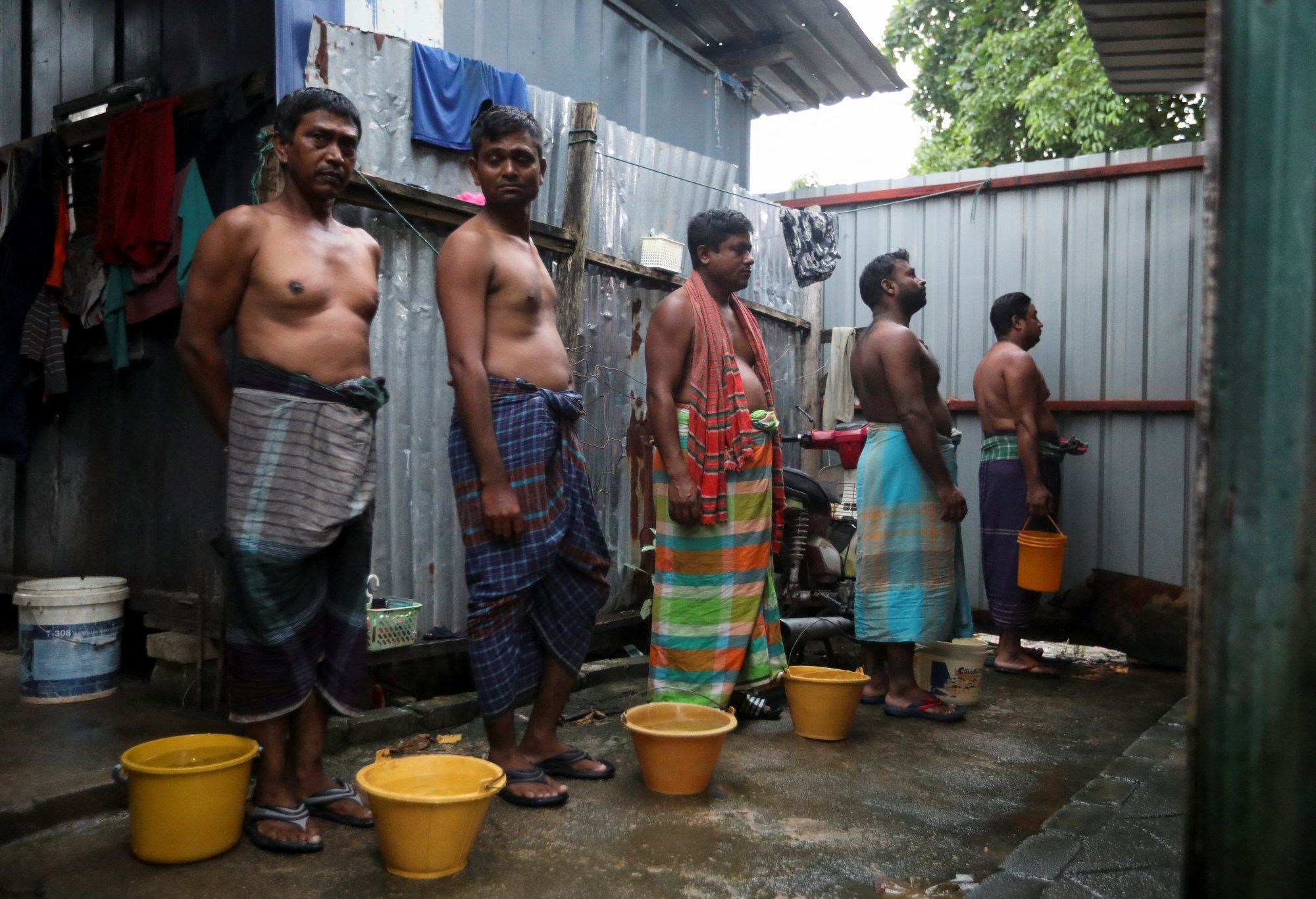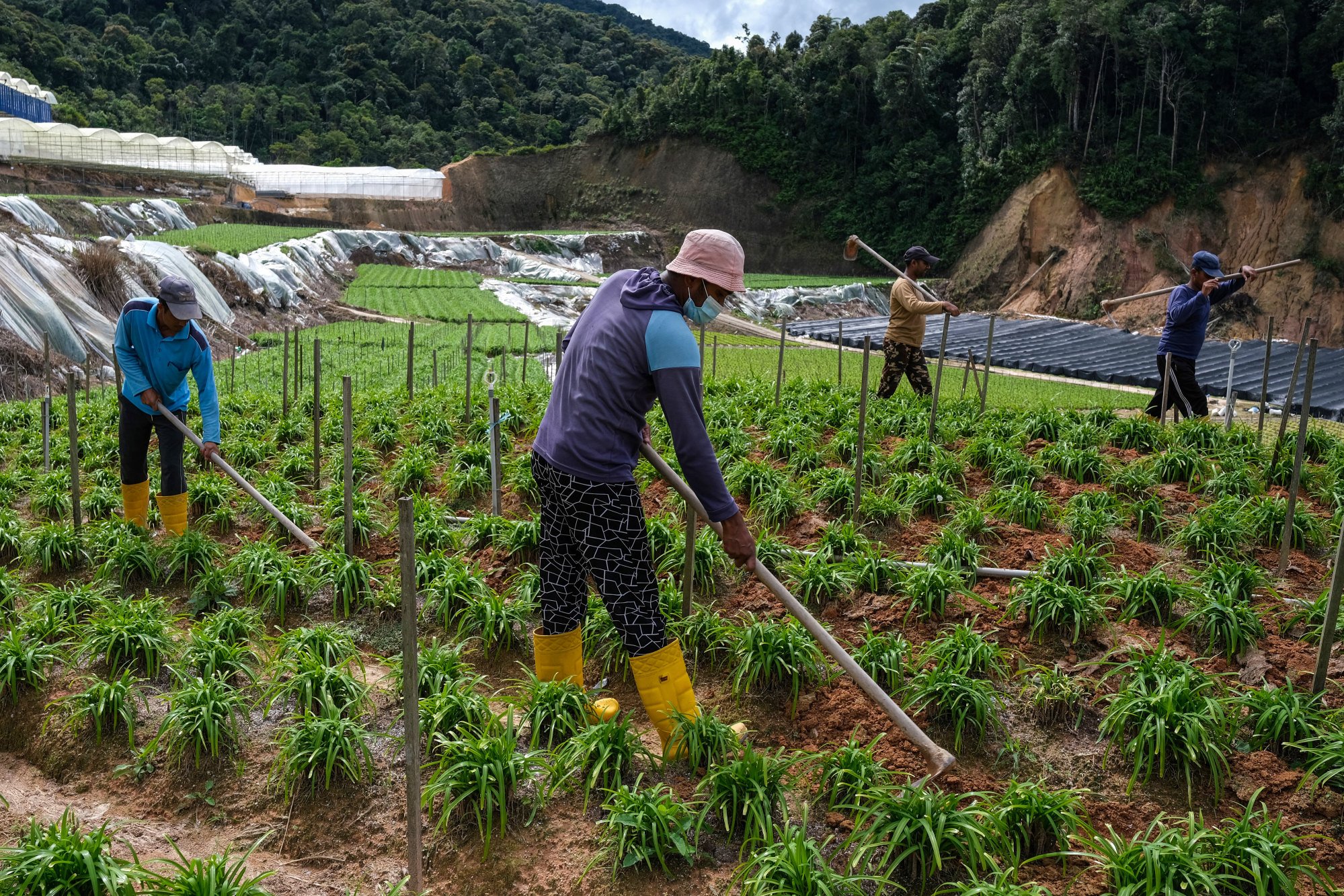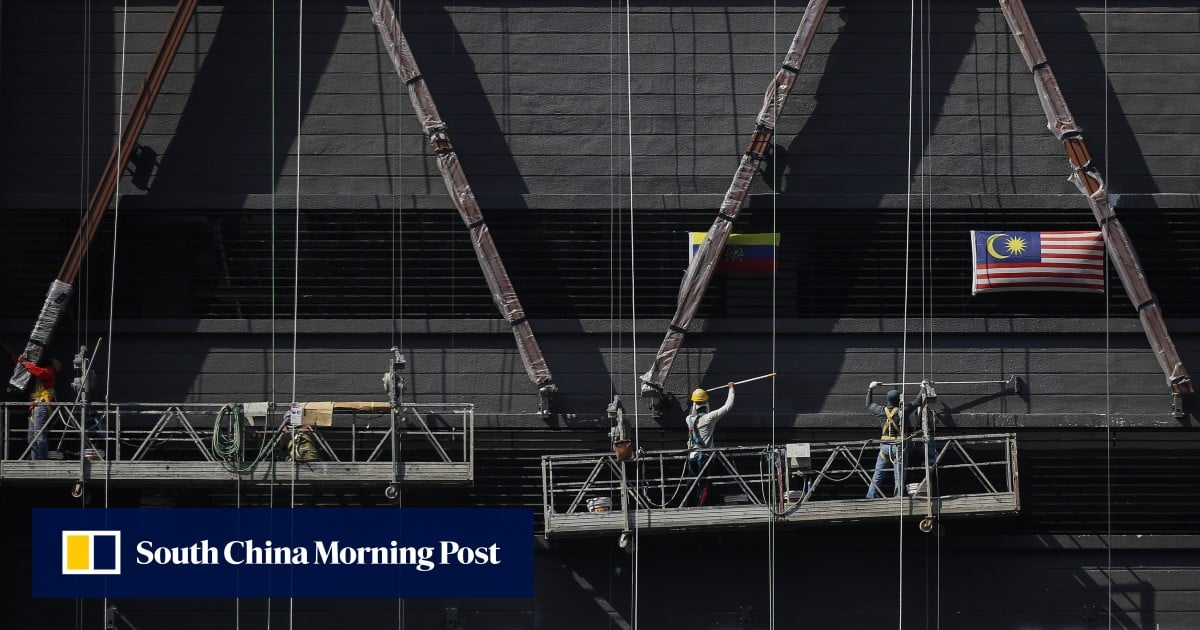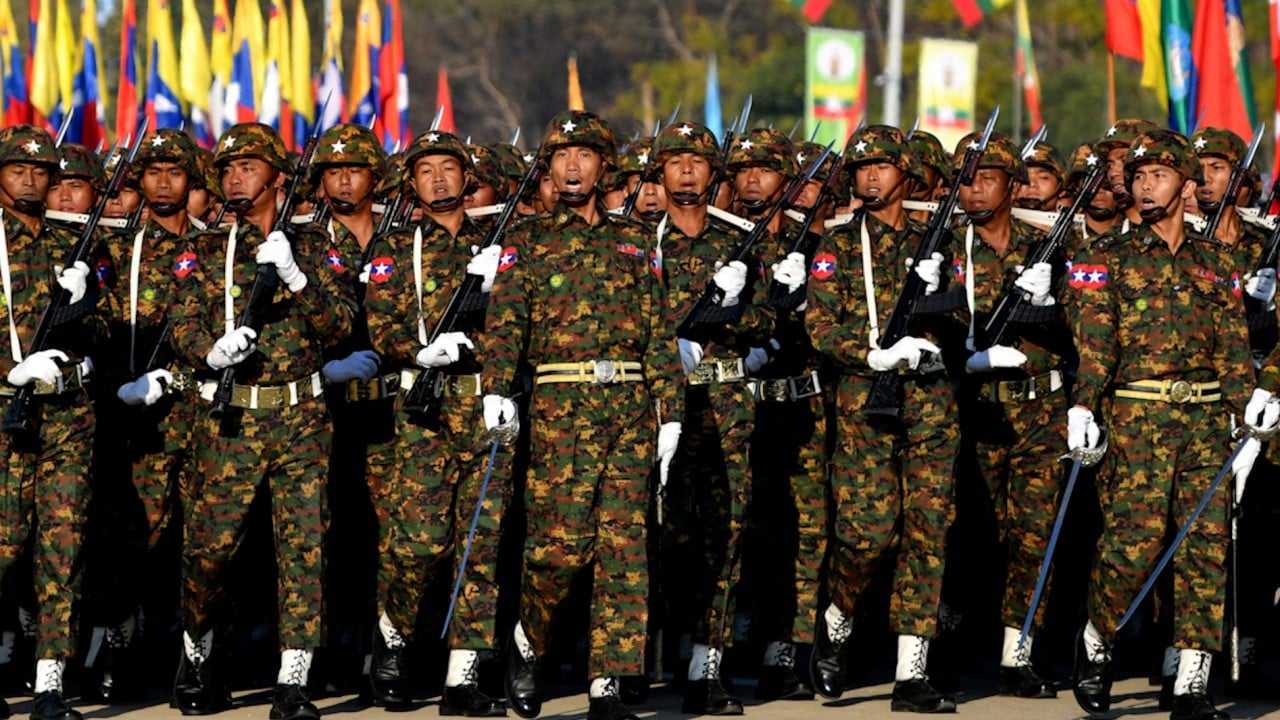Anwar’s government has been working hard to attract foreign investment into the country to boost Malaysia’s sluggish economy.
There is a need to establish a human rights-based migration plan to tackle exploitation, extortion and ill-treatment of low-wage migrant workers, including foreign domestic employees, Turk said, saying Malaysia is not alone when it comes to these issues.
A panel of UN labour analysts in April said large amounts of money were being made in a labour racket run by “criminal networks” between Malaysia and Bangladesh.
“We received reports that certain high-level officials in both governments are involved in this business or condoning it,” the analysts, including agency officials on anti-trafficking and modern day slavery – said in a statement. “This is unacceptable and needs to end.”

Malaysia on Friday closed its borders to new migrant workers, sparking chaos at Dhaka’s Shahjalal International Airport and Kuala Lumpur International Airport, as thousands of Bangladeshi migrant workers scrambled to catch last-minute flights before the midnight deadline.
Hopeful “remittance warriors” – as Bangladesh’s overseas workers are known – paid as much as US$1,000 for a seat on the last flights to Kuala Lumpur, to avoid being stranded at home after having paid thousands of dollars more to recruitment agents to secure visas.
Bangladesh’s labour bureau reported that some 17,000 people missed that midnight deadline.
Desperate to jumpstart its post-pandemic recovery, Malaysia has provided few safeguards to the reopening, leading to thousands – possibly tens of thousands – of migrant workers being lured into the country over lucrative job opportunities, only to find out after arriving in the country that the jobs promised are non-existent.

That left them open to exploitation and forced labour, activists say, while immigration authorities have detained migrants who have been forced to overstay on visas or work illegally to pay back debts incurred to leave Bangladesh.
Migrant activist Andy Hall described it as a “systemic and inexcusable abuse”.
Aside from a construction company that was investigated in February for bringing in 93 Bangladeshi migrant workers who ended up without work or income, there have been few repercussions for agents and companies in either countries alleged to be involved in this trade.
Malaysia’s government is trying to wean its labour market reliance on migrant workers, who at over 3 million strong, staff everything from restaurants to construction sites.
But migrant numbers are becoming an abrasive issue among the Malaysian public.
Turk, who was UNHCR’s representative in Malaysia from 2004 to 2008, said that migrants and refugee issues – particularly involving those from Myanmar – remained an unresolved issue for Malaysia.
The Malaysian foreign ministry described Turk’s visit as part of the country’s “continued engagement and collaboration with the United Nations”, to raise human rights awareness and strengthen Malaysia’s understanding of human rights.


